If a team member needs help, employers would be well served to engage, or work relationships and productivity will suffer. Employers who support employees in an empathetic, effective way can strengthen workplace bonds for years to come. In this SXSW video talk, The Empathetic Workplace author Katharine Manning offers five steps to guide you through the process of healthy helping. Manning’s deep insights into the impacts of trauma will help both victims and their supporters navigate difficult emotional terrain in the workplace.
The opposite of “institutional betrayal” is psychological safety.
COVID-19 and other global stressors have put pressure on people all over the world and left many traumatized. At the same time, due to the pandemic, people have been unable to access many of the usual community methods and rituals to cope with their trauma.
In the United States, the number of people with symptoms of an anxiety disorder went from one-in-twelve in 2019, to one-in-three a year later. Depression rates tripled. The way in which organizations deal with depression’s impediments to physical and intellectual functioning have long-lasting effects. People expect the organization they work for, their colleagues and their bosses, to help them if they are struggling. If that help does not arrive, a sense of “institutional betrayal” can irreparably damage relationships.
The opposite of this betrayal is psychological safety. Google studied teams, comparing those that functioned well with those that did not. The consistent differentiator was the level of psychological safety felt by team members. In a safe team, members...



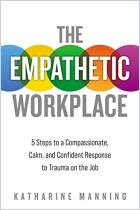
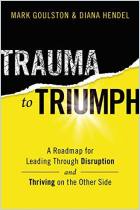
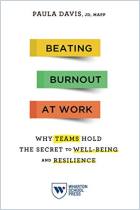
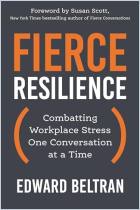
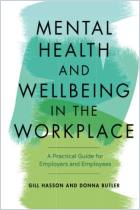

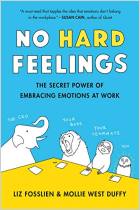








Comment on this summary